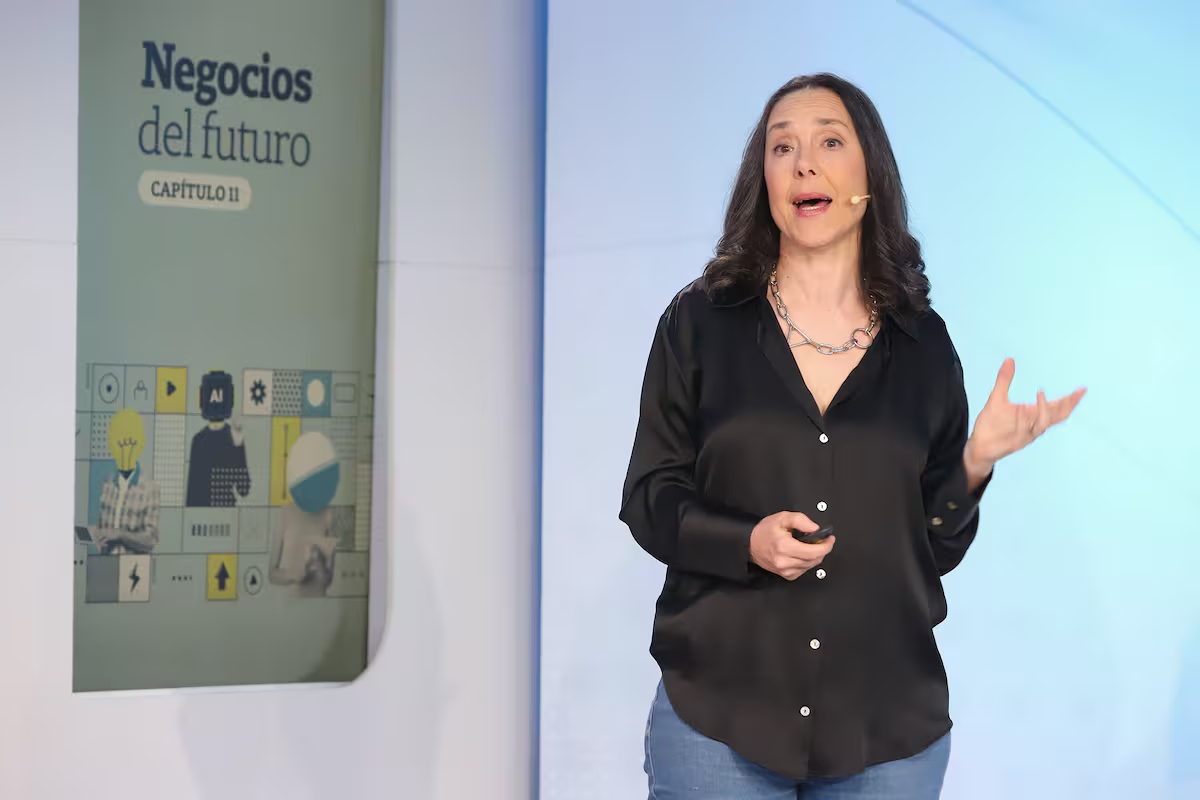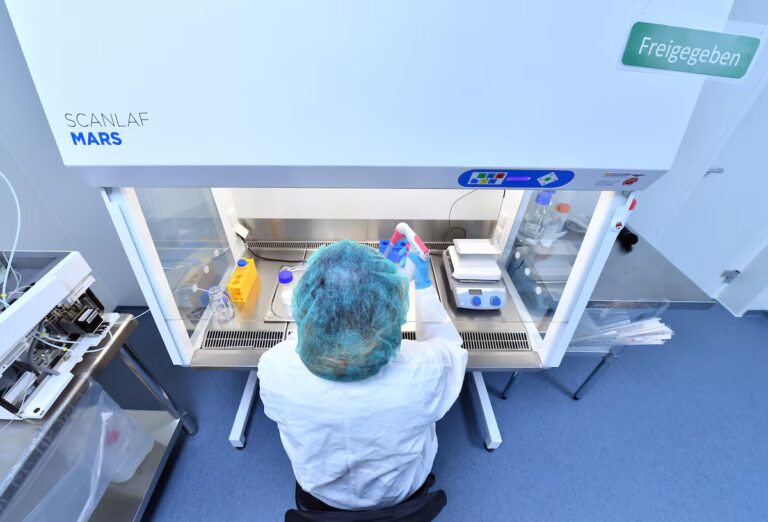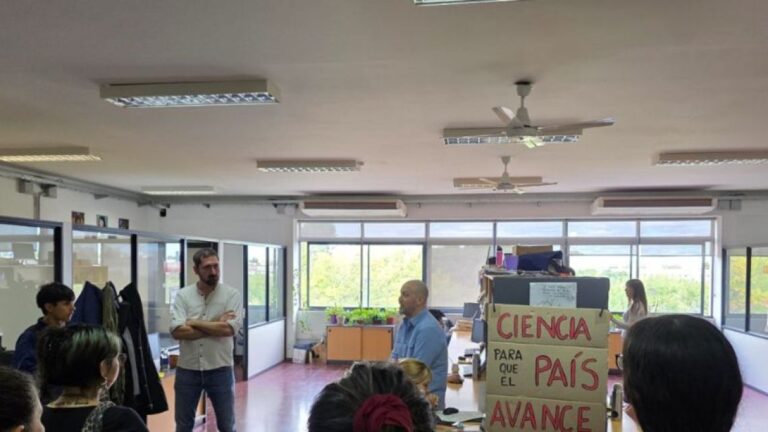
In a world where artificial intelligence is increasingly integrated into everyday life, neurobiologist Florencia Labombarda, researcher at Conicet and founder of Tomatero con Ciencia, offers an urgent consideration. How to stop technology from thinking for us. “Artificial intelligence will change the brain, but how it changes will depend on how we interact with it. It can replace our way of thinking or strengthen it. The key lies in metacognition” he said in the middle summit “Business of the Future” sponsored by LA NACION.
The expert explained: metacognition -The ability to observe and direct one’s own thinking- This can turn AI into a tool for critical thinking.is not a substitute for reasoning. “The brain is extremely complex, but it’s also a bit lazy. Whenever it can delegate a function to a trusted tool, it does it without a problem. And if we don’t manage it, it can reduce its cognitive autonomy.”
Labombarda explained the concept of cognitive downloading through simple examples such as using GPS and a calculator. The brain’s tendency to externalize tasks that require energy. “If you use GPS just to follow, your brain is put to rest. But when you understand how to use GPS to orient yourself and build mental maps, you activate a key region called the hippocampus, increasing its volume and improving your spatial memory abilities.”
The same thing happens with digital tools and AI models, according to researchers. “If you follow the algorithm alone, you end up downloading important features such as:” decision making, discussion, or problem solving. And they form the basis of critical thinking. ”
According to experts, several recent studies support this observation. In one, a group that solved a critical thinking test with the help of artificial intelligence got all the correct results, but was unable to explain their reasoning. “The group working without AI made more mistakes but had a better understanding of the mental processes behind each reaction.. In the first case, the freed cognitive resources were used for rest,” he explained.
Neurobiologists warn that this comfort can lead to “erosion of cognitive function” if the brain does not reallocate these resources to complex tasks. “AI can think for me, create for me, and make decisions for me. So what does my brain do?” Here’s the answer, he said. Using technology to train content and mental process supervision: Verify, contextualize, and evaluate information.
“We know that artificial intelligence creates hallucinations, which is why we need to assess the veracity of what it produces, its updates, algorithmic biases, and ethical implications. Metacognition allows you to maintain control and prevent cognitive downloads from becoming dependencies” he explained.
La Bombarda defined engineering. prompt —Ability to write appropriate queries against the model—as a form of metacognition. “It’s not a technical skill, it’s a cognitive skill. It involves knowing what you want, how you want the information to come back to you, and what you’re going to do with it.”
He also suggested looking at AI as a mirror to see our own minds. “When we argue from emotion, evidence, or authority, we can ask AI to tell us how we think. By looking at how AI “thinks”, we can learn about our own thinking.”
The scientist emphasized that technology itself is neither good nor bad, but rather that it amplifies the mental habits in which we use it. “If we let artificial intelligence do the thinking for us, we lose autonomy. But if we use the resources freed up for critical and metacognitive functions, AI can enhance our intelligence.”
Finally, he challenged the audience to change their paradigm.Artificial intelligence should not replace human cognition, but rather enhance it.. This gives us the opportunity to observe previously invisible things in how we learn and think. ”



